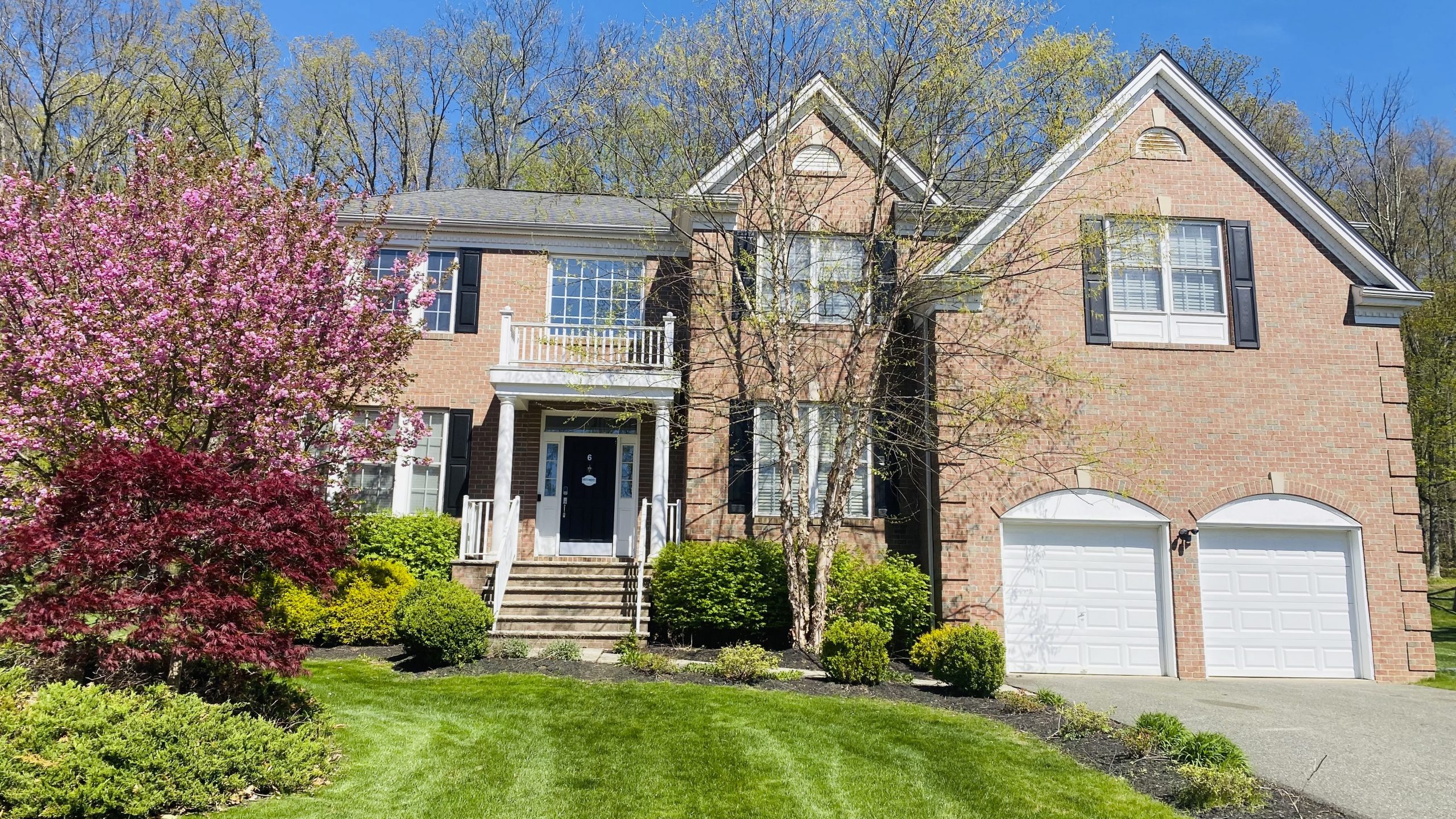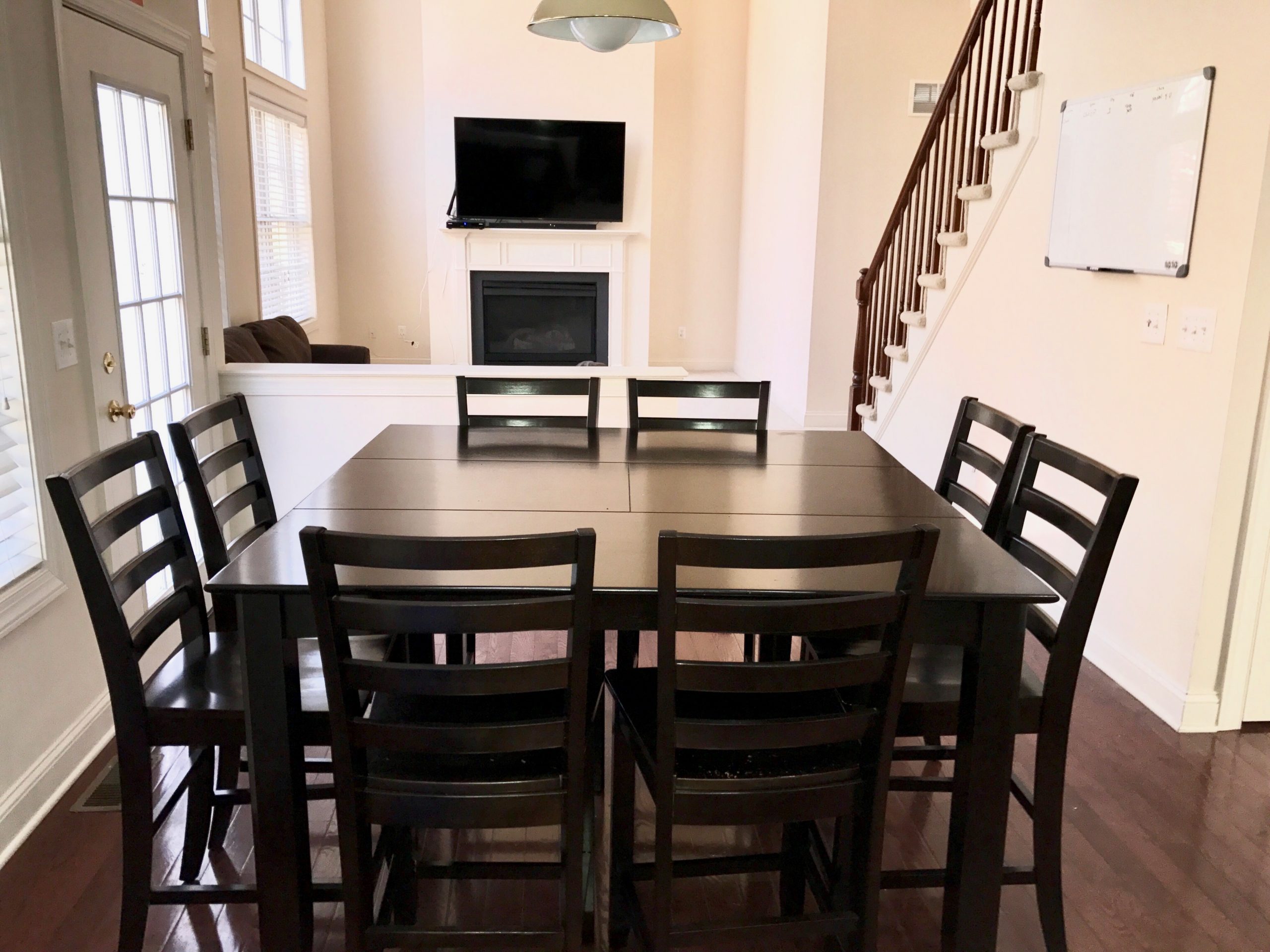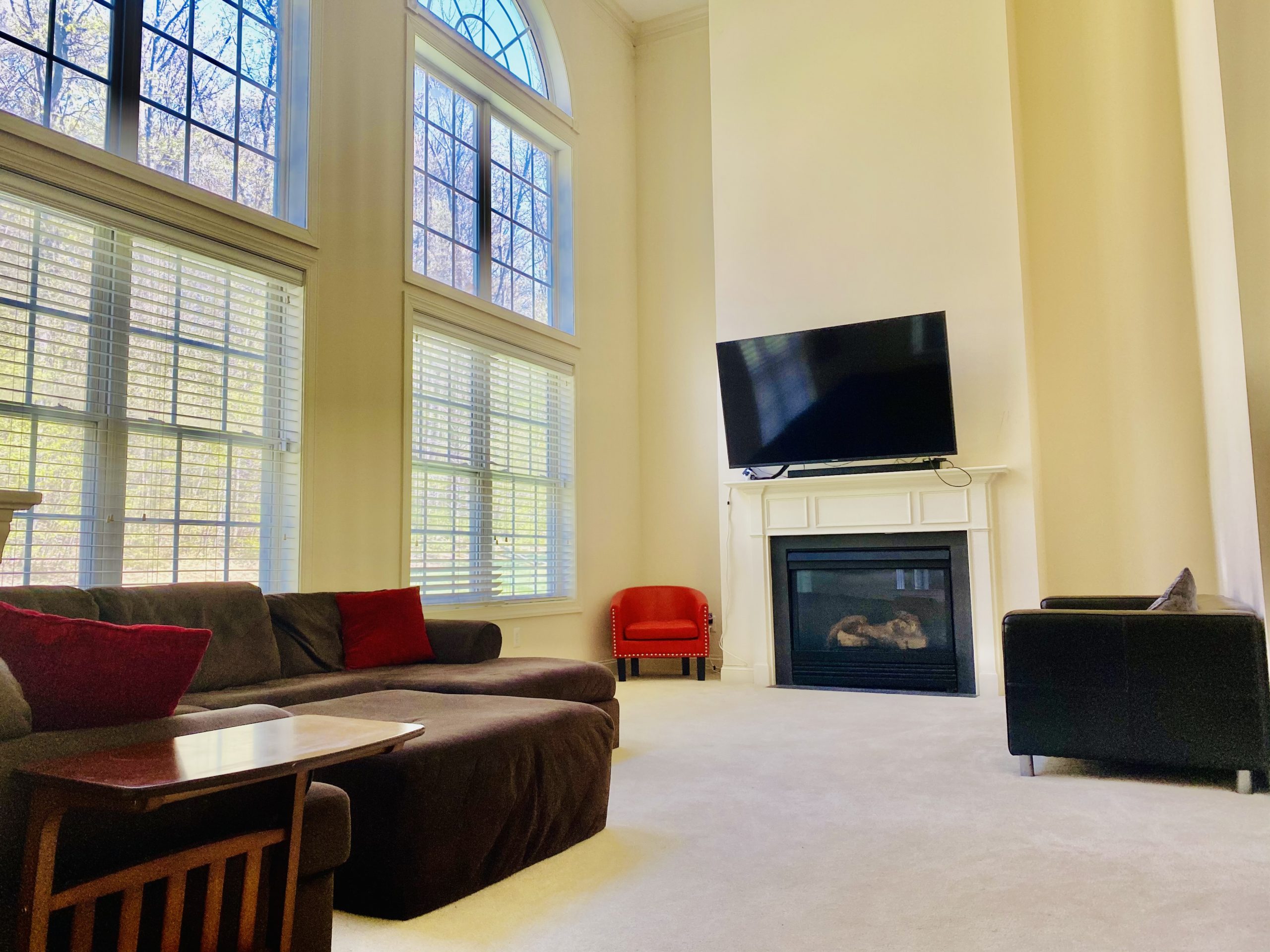Cambridge Recovery Sober Living Houses New Jersey offer affordable transitional space for men who are committed to continuing their journey of overcoming alcohol and drug addictions. We have created a sober living environment that is both supportive yet independent, enabling residents to gradually transition back to the real world at a pace that is comfortable for them.
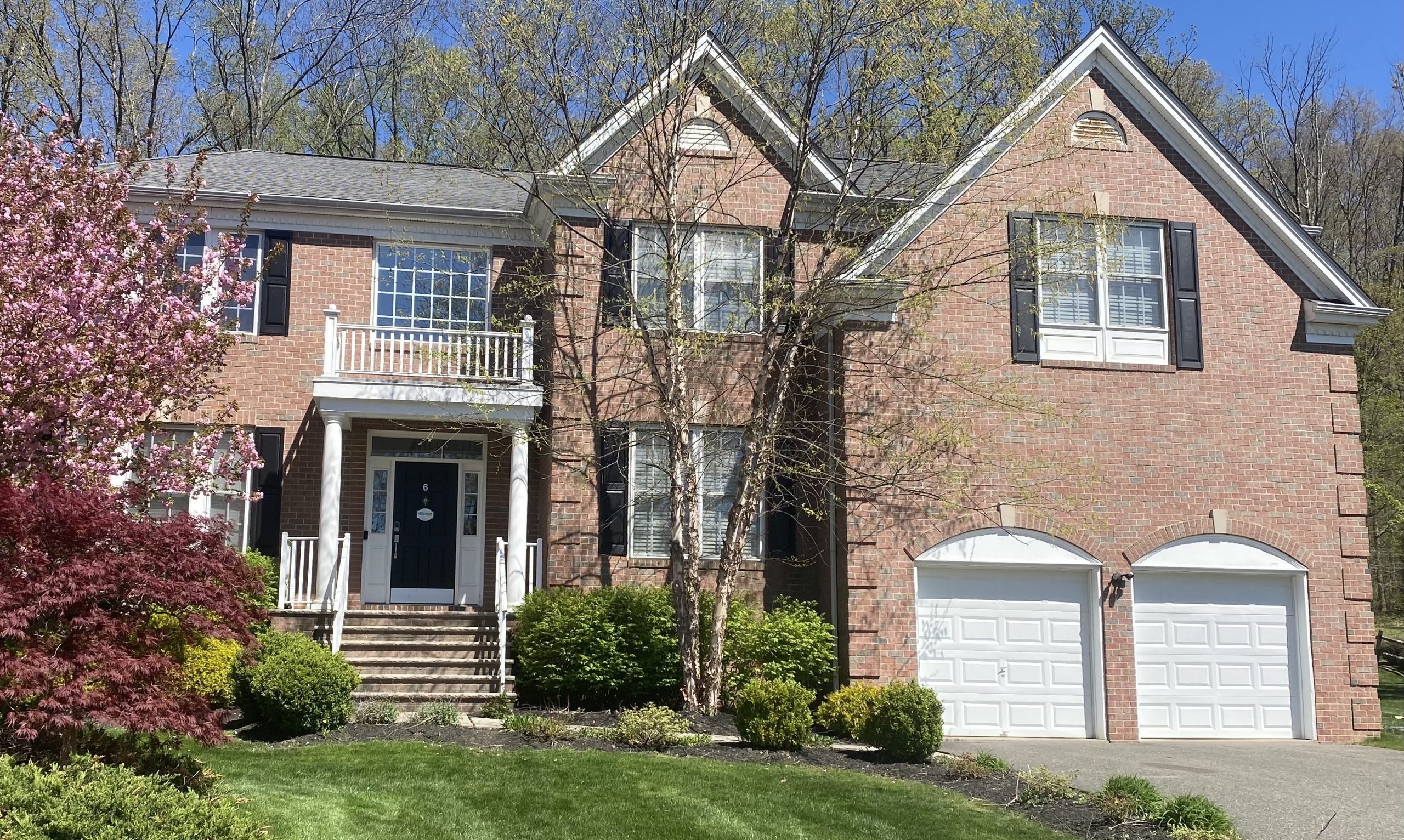
Sober Living NJ
In 2017, Cambridge Recovery Sober Living opened its first house. Nestled in a quiet neighborhood, Cambridge Recovery Sober Living is an affordable, professionally staffed, supportive, transitional, sober living house in New Jersey. Our home provides a safe and supportive environment designed to help residents complete their transition towards independent sober living. We are committed to ensuring that our residents are thriving in recovery before continuing their journey on the outside.
At Cambridge Recovery Sober living, our residents can look forward to living and recovering in a serene neighborhood where they can fully focus on their journey to sobriety and healing. While living with us, residents have access to a variety of services that are dedicated to helping them move forward with their lives and achieving independence. While preparing for independent sober living, residents will be living, interacting and engaging with others on the sober living journey.
Luxury Sober Living in NJ
Residents at our sober home can also benefit from the variety of amenities, facilities, and recreational opportunities in the Northern New Jersey area. This includes the Morristown National Historic Park and Museum, the Loantaka Brook Reservation and the Pyramid Mountain Natural Historic area amongst many others.
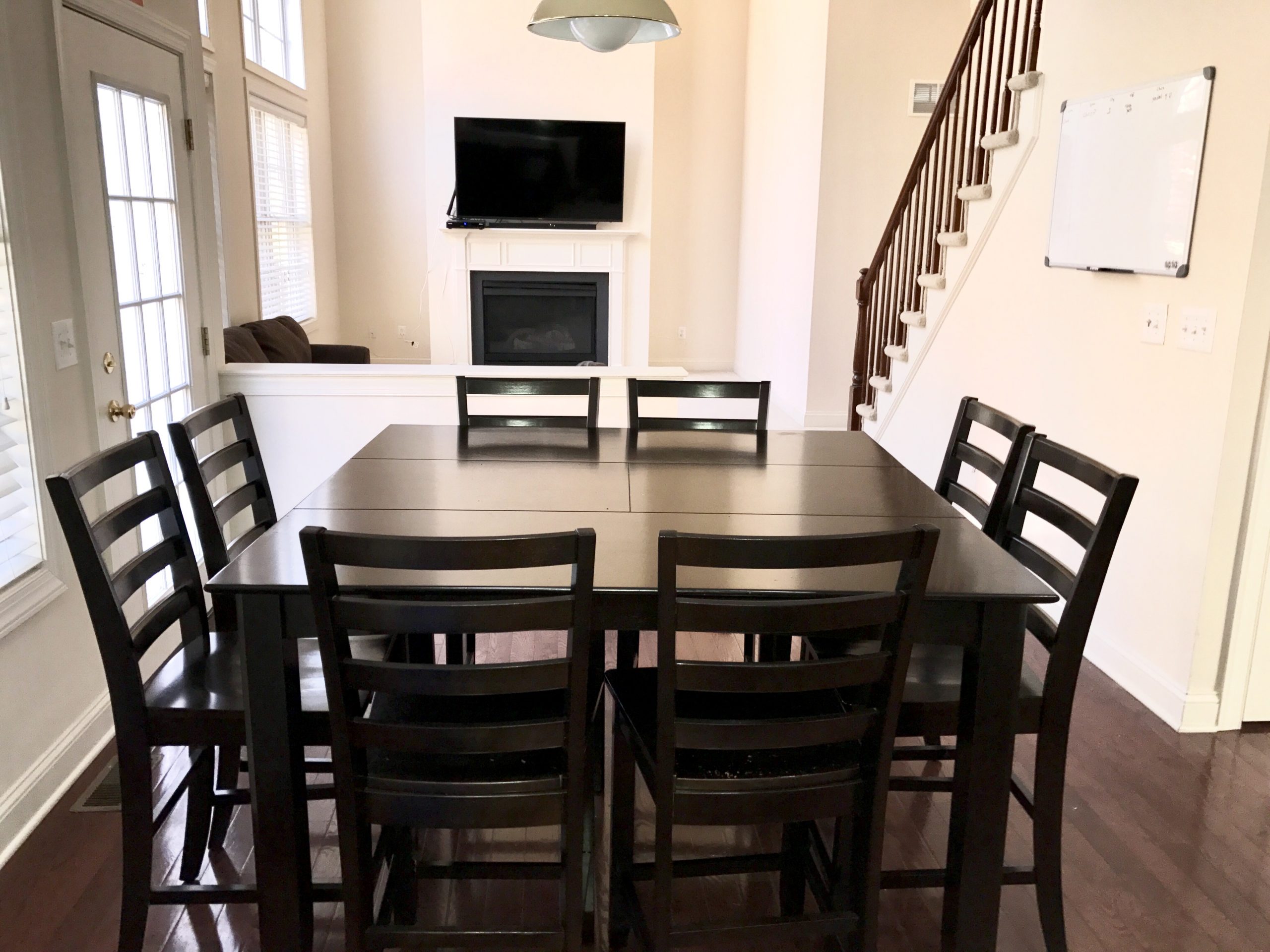
Sober Living New New Jersey
What is a Sober Living Home?
A sober living home is a semi-controlled alcohol- and drug-free living environment where the residents are recovering addicts. Typically, sober living homes are structured around 12-step programs or other recovery methodologies. Residents are often required to take drug tests, must comply with treatment provider recommendations and demonstrate efforts toward long-term recovery. Most sober living homes are gender specific. A sober living home is an interim step on the path to sobriety where people recovering from addiction can live in a supervised and sober environment with structure and rules (curfews, chores and therapeutic meetings etc.).
Are Sober Living Homes Helpful in Recovery?
Combating addiction is a process that requires work, support and guidance over a long period of time. In sober living homes, residents are encouraged to live their own lives, return to work, go outside unsupervised, and re-integrate with society one step at a time. Sober living homes provide a supervised, community-based environment to initiate and sustain recovery with the goal of achieving independent sober living. Sober living homes support residents by helping to develop new skills and ways of coping with recovery, mental and physical health, social, family, educational and employment issues.
What Kind of Services do Sober Living Homes Provide?
Most sober living homes don’t provide treatment, but many do provide support services. The types of services provided may include case management, referrals to outside treatment providers, peer counseling, educational assistance, recreational activities, assistance finding employment, and connections to important community and clinical resources.
What are the Different Types of Sober Living Homes?
Sober Living Homes are organized into four categories, or “levels,” by the NARR. The levels describe the intensiveness of the program and the level of care provided. Level 1 houses provide almost no recovery-orientated structure (other than requiring residents to attend mutual support groups or the like), while Level 4 houses are considered “Therapeutic Communities” and share much in common with residential inpatient treatment. In-house therapy and sometimes even medical services are provided. While there are fundamental differences between the levels, their basic purpose is all the same – to provide a substance-free environment where people can continue their recovery while relying on support from their peers.


